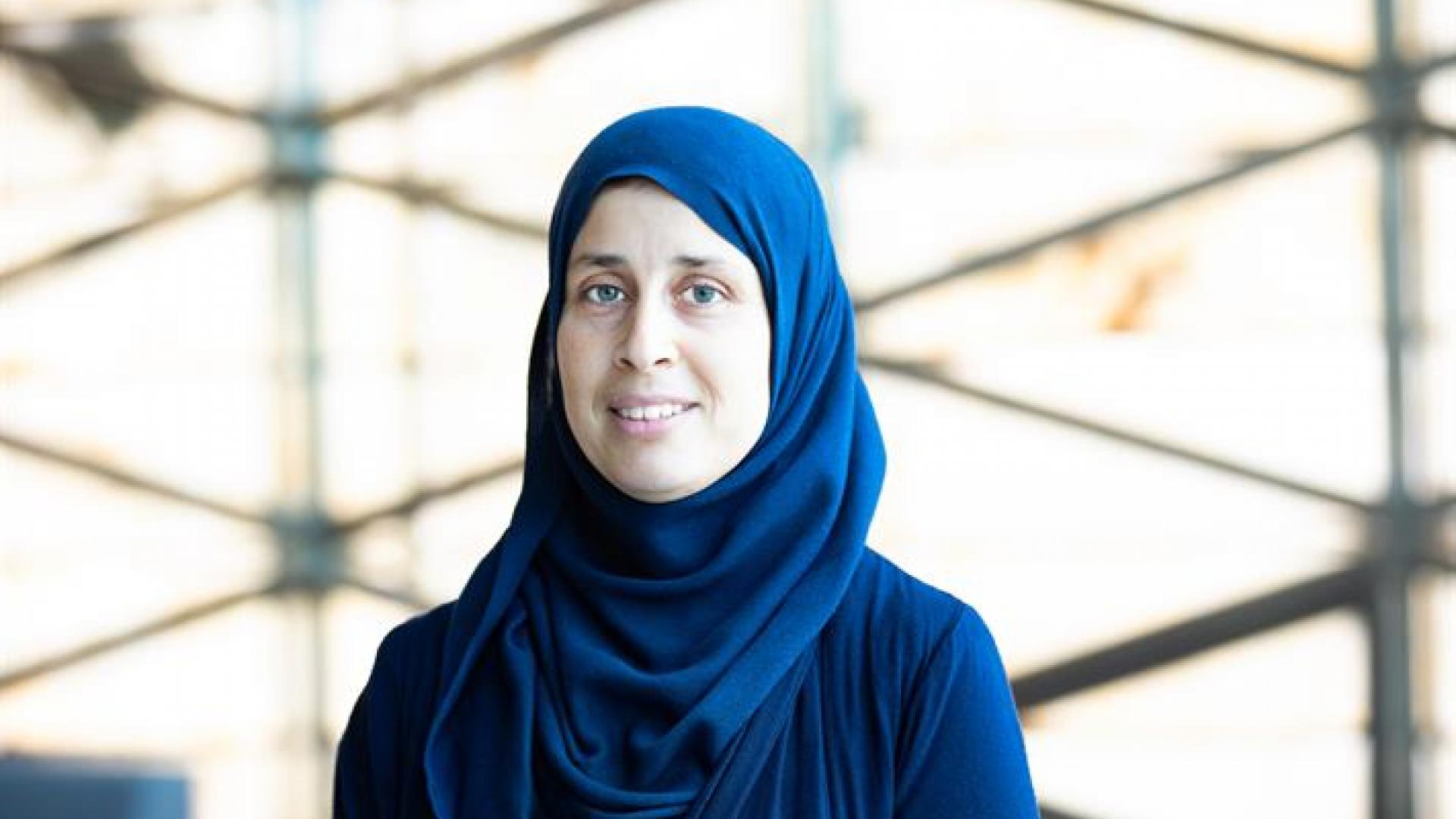-By A. Ortega, KAUST News
KAUST Associate Professor of Electrical Engineering Taous-Meriem Laleg-Kirati joined the University in 2011 after working as a researcher at INRIA in France.
Laleg-Kirati leads the Estimation, Modeling and ANalysis (EMAN) research group at KAUST, and her interests lie in control theory, system modeling and signal applications. She investigates multiple engineering disciplines and develops mathematical models and algorithms that control processes relying on real-time feedback.
"My research goals [are the development of] effective estimation methods and algorithms to understand complex engineering systems, to extract hidden information and to design control and monitoring strategies," Laleg-Kirati said.
Her research also focuses on physical and biological systems that cannot be investigated with experiments.
"Only few—often indirect—experimental data are available to extract information or to manipulate and control those systems; [we focus] on building robust, fast and low-cost sensing strategies using algorithms [to understand the systems]," she continued.
Laleg's research group includes students, postdoctoral fellows and research scientists from interdisciplinary backgrounds, including electrical engineering and applied mathematics. EMAN members develop mathematical equations and estimation algorithms that build models in complex systems. These models are then simulated to make predictions and to evaluate how the models interact with the rest of the systems.

Adapting to the future
"My research projects are motivated by real-world problems in engineering and biomedical fields," explained Laleg-Kirati.
For instance, the EMAN group recently developed a real-time control algorithm for a solar membrane distillation system, improving the economic performance and increasing production rates of fresh water while reducing the costs.
"We tested our algorithms in realistic scenarios and we showed that with our controller, the water production increased by over 50 percent [in the simulations and in the scaled-up system dimensions]," she said.
Laleg-Kirati is also implementing artificial intelligence approaches in her traditional model-based research.
"[The combination of] fundamental control and signal processing theory with data-driven approaches, [offers] opportunities in the health-care field, for example," she explained. "[Our algorithms and the existing data] will play a crucial role in advancing health care in general and personalized medicine."
Read the full article
